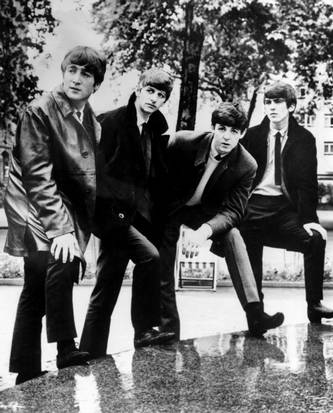Meet the Beatles again?
The world is full of geeks and snobs ready to talk too much about their personal passion for wine, for scuba diving, for vampire literature. You know the type.
This is nothing like that.
This is an exploration of the Beatles, and why the recent rerelease of their albums in the mono format on vinyl, the way many fans heard the records in the 1960s, is worth celebrating.
OK, so maybe there is some obsessiveness to this tale, but there is broader cultural significance too.
The music of the Beatles is timeless. Not only were they master songwriters, they were visionary artists who pushed the era’s recording technology and hidebound engineers to create new sounds.
The result is music that is still vital and interesting more than 40 years later. Consider the elegiac beauty of “Eleanor Rigby,” or the psychedelic drone of “Tomorrow Never Knows” with its tape loops that sound like sea gulls. Play a Beatles CD, especially one from their mid- or later-period, starting with 1965’s “Rubber Soul,” and when compared to today’s artists you’ll find their music is still relevant, still influential.
But if you play that Beatles CD, or dust off an album purchased after about 1968, what version of the Beatles are you hearing? Probably the stereo version. And it’s great, until you understand the history of the Beatles and the recording industry. Then, you realize what your inner Beatlemaniac might be missing.
Back in the ’60s, most fans had record players with one speaker. So most of the audience bought LPs in the mono format, in which all the music was pumped out on one channel. Stereos were mainly for audiophiles. When WLS played “Please Please Me” in March 1963, becoming one of the first American stations to embrace the Beatles, that audience heard it on transistor radios or in the car, in mono.
Source: Providence Journal




